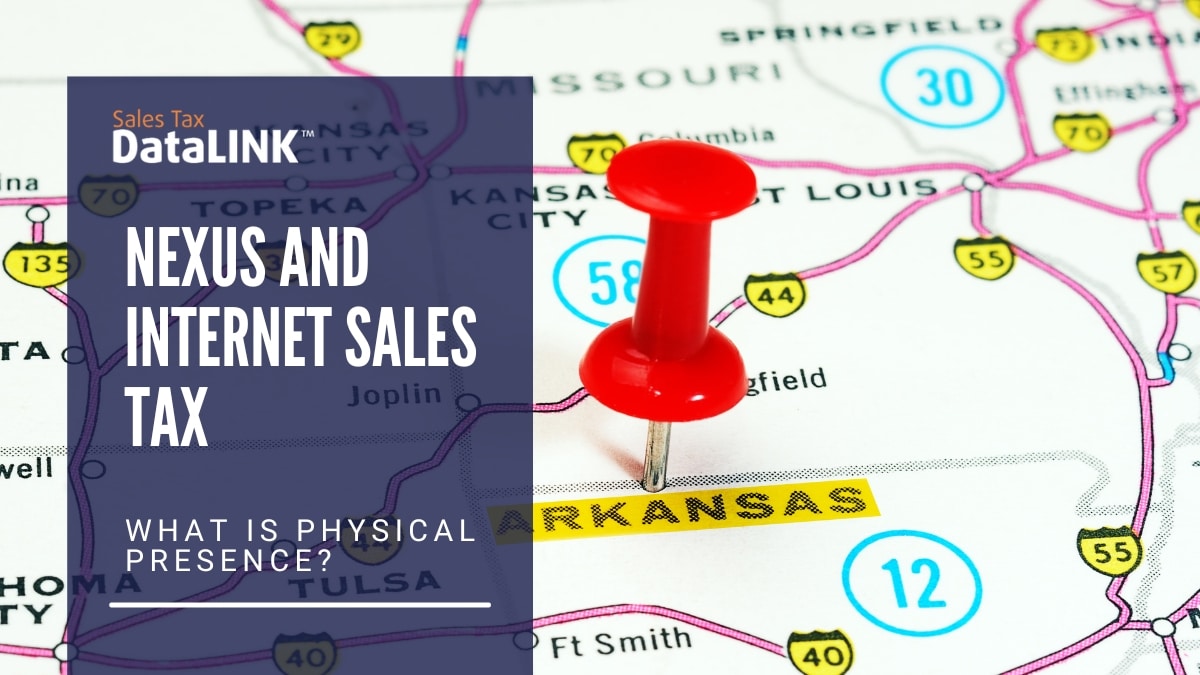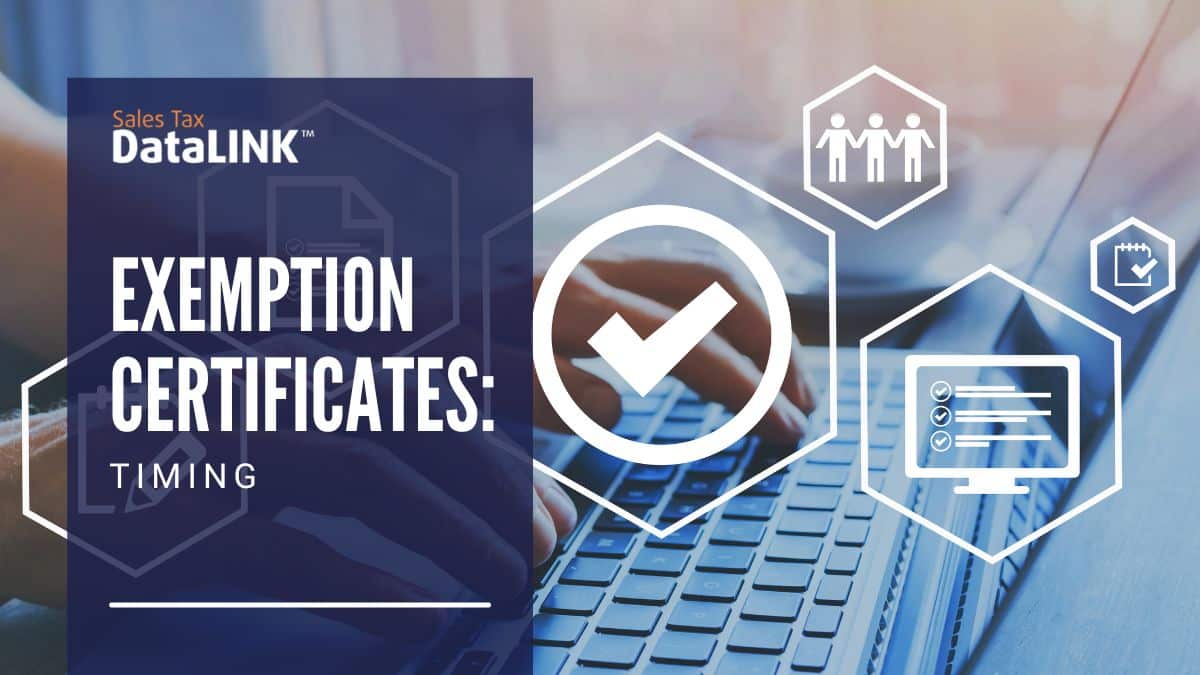So what exactly constitutes a physical presence in a state? We’ve noted before that not all online sales require the seller to collect sales tax, but it can get pretty complex to determine when and what you need to collect from the customer. A thing known as “nexus” in legal terms determines physical presence. The word “nexus” means “connection” but for sales tax purposes there are specific requirements to determine a nexus with a certain state. A historic Supreme Court case in 1992 put the concept into law when North Dakota attempted to collect sales taxes from Quill Corporation, a mail-order retailer. North Dakota argued that the floppy disks that held the inventory information were enough of a connection, or nexus, to create a physical presence in the state that warranted sales tax collection. However, the Supreme Court ruled for Quill Corporation and created specific regulations on when sales tax needs to be collected. If your business has any of the following connections to a state, you need to collect sales tax:
- You have a physical location in the state (office, warehouse, shipping facility, etc.)
- One of your employees resides in the state permanently
- Your business has property in the state, including intangible property
- You have an employee who regularly solicits businesses in the state
Floppy disks aren’t enough of a physical presence. This doesn’t mean there are no controversies left. Online merchant Amazon was recently in the news in relation to nexus because some states determined that their affiliates — people who receive a commission when their website links lead to sales at Amazon — constituted nexus. Even though these affiliates were not Amazon employees and might never receive any income, having affiliates live in the state was enough for several states, including Arkansas, to decide there was a physical presence in the state. Amazon would, they determined, have to collect sales tax. Amazon disagreed. They just cut all the affiliates in question loose, ending the possible nexus in those states. A number of legislatures across the country are currently working on the issue of internet sales tax, so it’s hard to predict what might happen next. However, keep in mind that there is no sales tax in Alaska, Delaware, Hawaii, Montana, New Hampshire, and Oregon and many states have exclusions or different rates for certain items. In fact, a state can have extremely complex rules on sales tax, ranging from a simple flat rate for any non-essential to three or four tax rates that apply to different types of products.
Sales tax rates can become very complex and convoluted, especially if you need to file in more than one state. Our software can help you track all of these different sales tax rates and the appropriate items to charge tax on, even if only some of your customers need to pay sales tax. Our software is always up to date, too, so you don’t have to keep track of all the changes. Contact us for a free evaluation.




